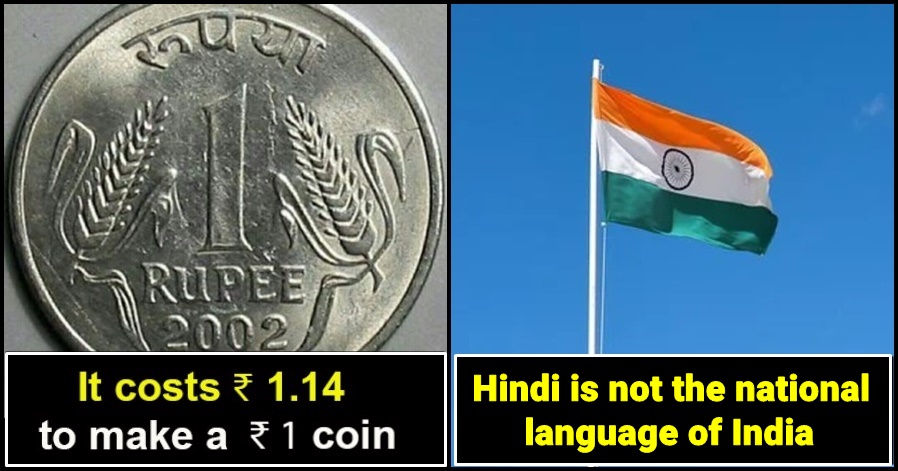No products in the cart.
Understanding Hindu phobia: a brief journey through India’s History
Anti-Hindu sentiment or one may call it Hinduphobia is a set of irrational views or sentiments that has been radicalized in Modern India against the practitioners of Hinduism in the name of Secularism. From Delhi riots to Tablighi Jamaat incident amidst Covid 19 to Palghar Lynchings, the Left has turned every Hindu-hate incident into a communal matter. Once the factual scenario becomes all about the religious identity of a person, it becomes easier to bury the other narrative for the sake of annihilation of blatant Islamophobia. Such apologists are hypocrites as they patron one religion over another while breaking the required status quo to maintain harmony and equality in the country. Let us go through some major events and facts that have systematically rimmed Hinduism as a regressive culture.
The Western Influence and the Hindu social reformers
Christian missionaries to solidify the British rule began to aggressively proselytize against the Hindu culture by engaging in loot and assassination, slavery, destruction of temples, forced conversions, prohibiting Hindu practices and ceremonies, etc. Accordingly, the Hindu faith centered on highly malignant superstitions andcould only be saved by Christianity and thus the British. Following the revolt of 1857 when cartridges were greased by the cow and pig fat to agitate the Hindus and the Muslims, there were petitions to eradicate Hinduism as the missionaries ridiculed the Hindus, threatened Hindu priests and temples, and banned idol-worshipping under the hood of “social reform”. During the partition, the British hailed Islam as a peaceful more superior religion while on the other hand, Hinduism was barbaric. For many years, the evils of the Hindu society have dominated the educational textbooks, yet there’s no remark on the atrocities committed by the Islam dynasty. The western influence denounced the Sati practice however advocated setting women on fire in Europe. Hindu culture has always been portrayed as regressive: from sati practice to child marriage to the age-old caste system. However such books fail to highlight, even in Britain to date, the corrupt practices of Nikah, halal , triple talaq, and the burqa system.
Once B R Ambedkar said:
To the Muslims, a Hindu (and any Non-Muslim) is a Kafir. A Kafir (Non-Believer in Islam) is not worthy of respect. He is a low born and without status. That is why a country ruled by the Kafir (Non-Muslim) is a ‘Dar ul Harb’ (i.e. the Land of War) to a Muslim, which must be conquered, by any means for the Muslims and turned into ‘Dar ul Islam’…For those who are outside the corporation (of Islam), there is nothing but contempt and enmity.
The propaganda
When children’s textbooks target one specific religion, the young minds are tricked into believing that the particular religion poses a threat to society. Indian books were mostly written by historians and theorists who were either intoxicated with Nehru’s doctrines or perhaps Karl Marx’s philosophies yet they failed to show us that every religion isn’t perfect and they need to be reimbursed with a more ideal and fundamental ideology.
NCERTs do not reform, they propagate.
NCERTs uphold great Hindu reformers who fought against child marriage and infanticide that had crept into the Hindu society however such books have no mention of how the sharia law that legalized child marriage and polygamy was brought into action a couple of years later. Ncerts briefly paragraphs the cultural destruction by the Mughal dynasty with more than 6000 destroyed temples and disfigured Hindu idols. However, the leniency of Akbar and Aurangzeb is more popularised as they offered lands for the reconstruction of Hindu temples. The ‘Bhakti and Sufi’ context of the book applauds the Sufi movement only and even associated the langar practice, originated by the Sikhs with the Sufi movement to showcase the spirituality of Islam. Ncert beautifully highlights the history of Jammu and Kashmir yet has no context on how the Kashmiri Pandits were massacred. Neither leaves a footnote on how the Marathi defeated the Mughal empire fearlessly and examples go on.
When one subconsciously reads such biased textbooks, they develop a certain aversion towards their religion. It is rather unfortunate that the illustrious struggles of our leaders against the Christian and Islamic aggression haven’t made it to the modern-day textbooks, but colonial stereotypes perpetuating Hindu-hate are found aplenty.












